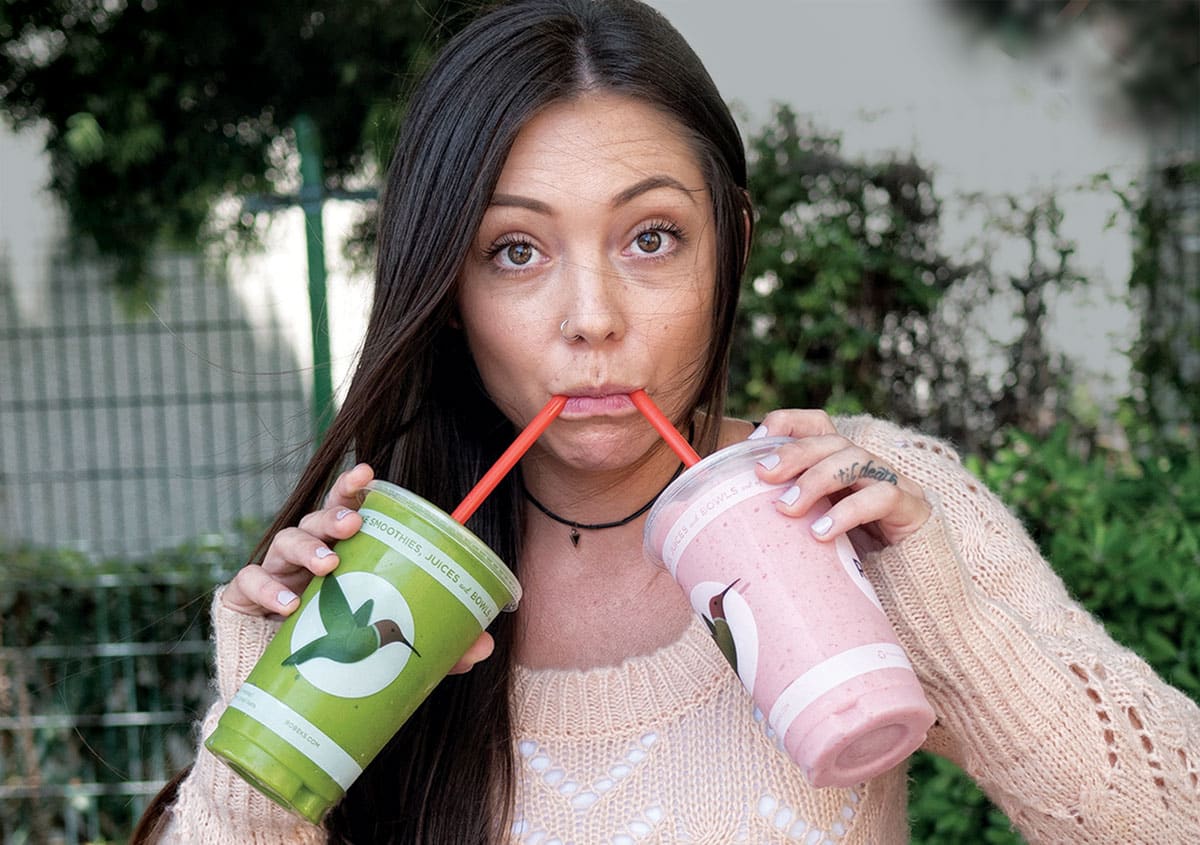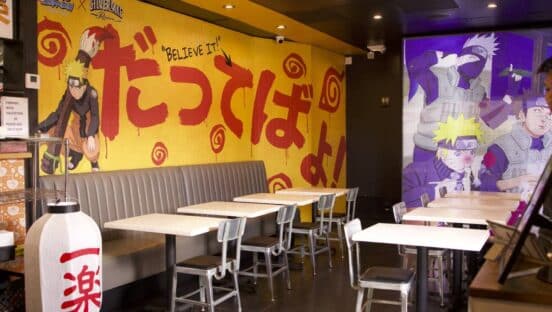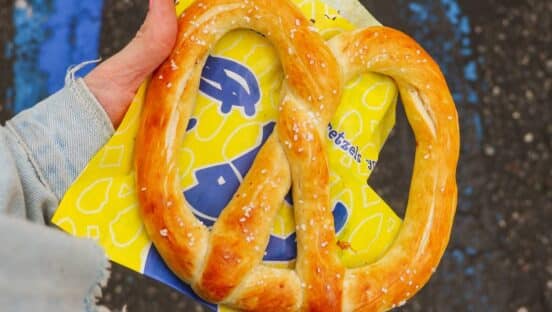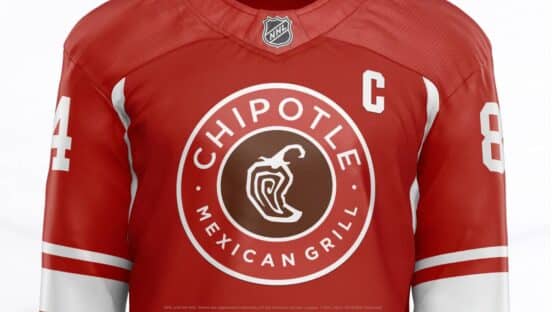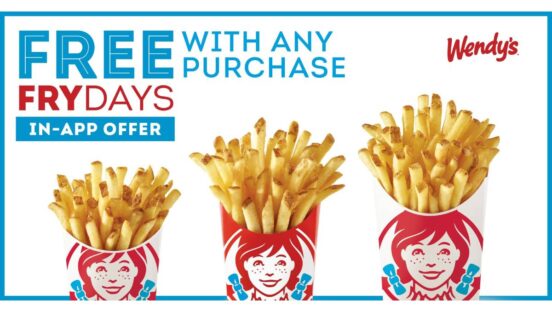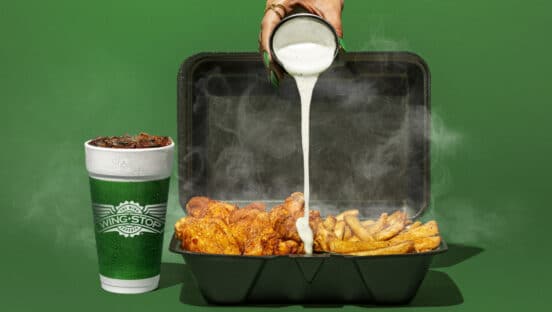As the coronavirus outbreak swept the nation, it quickly became clear that the restaurant industry would never be the same. Many wondered which types of restaurants would have the best chance of surviving, and which would suffer irreparable damage.
Restaurant leaders across the U.S., nothing if not resilient, dug in. Finding which messaging was appropriate in the crisis climate was essential—there was no time to waste, and the margin for error was smaller than ever.
Brands built on health and wellness, with on-the-go products like bowls and juice smoothies, were uniquely positioned for a moment like this. Their products were in high demand, and almost overnight they saw a huge uptick in sales of their immunity-boosting products.
For example, Ross Franklin, CEO of juice franchise Pure Green, says that his brand saw a 1,000 percent spike in sales of its Ginger Immunity Shot, and any other items with ginger or other immunity-related ingredients also saw robust growth.
Bulk juice sales also rose rapidly. The brand immediately put together 12-packs of immunity juices for pickup and delivery to meet demand.
Still, the messaging had to be well-crafted. The products might speak for themselves to some customers, but if potential guests weren’t aware that the stores were open, and that there were ways to order the drinks without potentially exposing oneself to the virus, weak sales would follow.
“It’s been a tricky atmosphere to market a brand in,” Franklin says. “Some brands have stopped marketing completely as a reaction to everything that is going on. But for us, our messaging has been shaped around the fact that, hey, we’re still open. Our mission is to build healthier communities around the globe, and that hasn’t changed—our goal is to keep you and your family healthy during this time.”
Steve Schulze, CEO of Nekter Juice Bar, shares that sentiment.
“Your messaging at a time like this has to be really careful,” Schulze says. “You can’t be too overt, but at the same time, our messaging has really been the same since we opened: We’re about community and immunity. For us, it’s really been a matter of switching up offerings and LTOs and making food as convenient as possible for guests.”
Like many restaurants during the crisis, these juice brands found success with grab-and-go counter sales, curbside pickup, and partnerships with third-party delivery apps.
Finding which products were selling and leveraging that data was pivotal—Pure Green began discounting its cold-pressed immunity shots by 40 percent for online orders with a promo code in March and April.
Robeks, based in Los Angeles, is another juice brand that found itself positioned to retain sales in spite of COVID-19 due to its health-forward menus. With over 80 units across the country, some of them franchised, the brand found that, other than the notable lack of diners eating at tables and the booming success of delivery and grab-and-go products, the sales figures didn’t take much of a hit.
“We are very fortunate to have the majority of our guests as people who come and see us on a regular basis, and that hasn’t changed,” says Mitch Baker, Robeks’ vice president of marketing.
In spite of the shaky state of the industry, Robeks is on the brink of launching a family of superfood products, a plan that was in the works before the COVID-19 outbreak. Baker says the products align with the rest of the brand’s identity, which is “great-tasting food with amazing health benefits.”
“We’ve been very consistent in communicating with franchisees and guests, while maintaining the messaging and aura that we’ve had since we opened our doors in 1996,” Baker says. “The only thing that has changed is now we are simply pushing to make it as seamless as possible for guests to get free delivery or pick up.”
Signature offerings and how to push those out to the public became paramount for all three brands during the time of crisis. In addition—and like most every other restaurant brand that could afford to think beyond the demanding day-to-day grind of the pandemic’s fundamental alteration of business—it was important to consider which pivots were necessary, and which might have a longer-lasting impact on the brand after the crisis ends.
“People always say innovation is a priority, and it is, but now it’s taken on an extra bit of importance,” Nekter’s Schulze says. “For us, we spend a lot of time on our weekly marketing call talking about the week-to-week angles as everything changes on what feels like an hourly basis. But we also then spend time challenging ourselves, talking about, ‘What is the innovation that’s going to help us help people get through this?’ And, ‘Once all of this ends, how are we going to show everyone that we are a viable brand heading into the future?’”
At this point, how various brands power themselves fully out of this crisis is anyone’s guess. But if the success of juice brands is any indication, it seems restaurants geared toward health-seeking consumers with on-the-go lifestyles will be in good shape.
That’s good news for this category of concepts, but what does it mean for the industry as a whole? Franklin predicts that more quick-service operations will pivot to healthier offerings, and focus on making those clean items as convenient as possible.
“Brands like ours, Pure Green, are going to be able to bounce back from this and take advantage of a wide-open market, but unfortunately, a lot of businesses are not going to get through this,” Franklin says. “A lot of restaurant businesses that survive this are going to want to prevent something like it from happening again, and I think we will see more brands focusing on grab-and-go products.”

